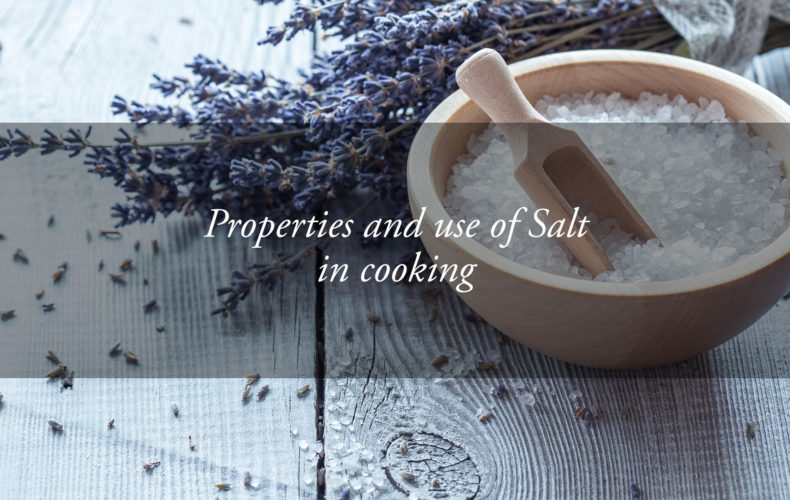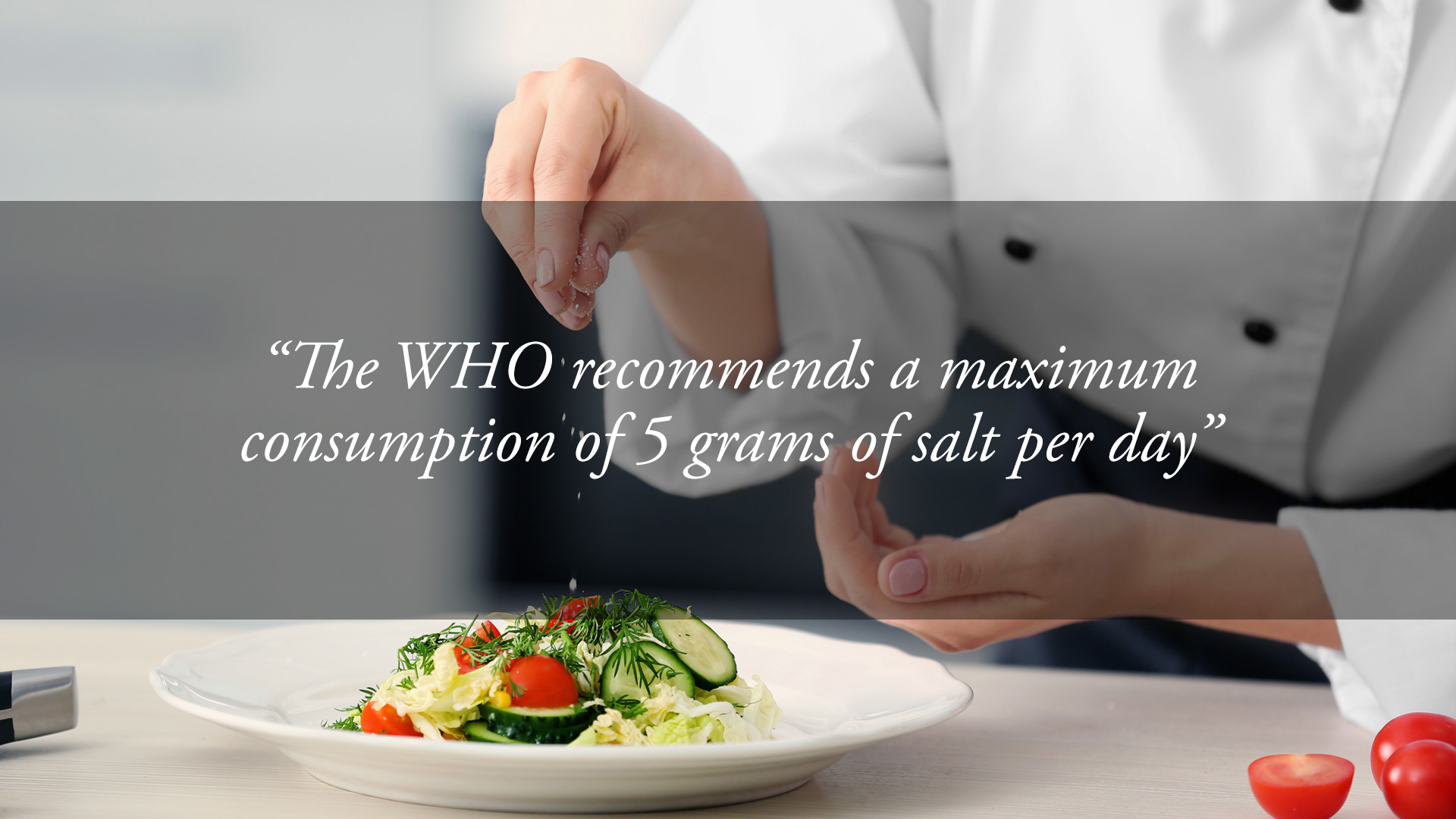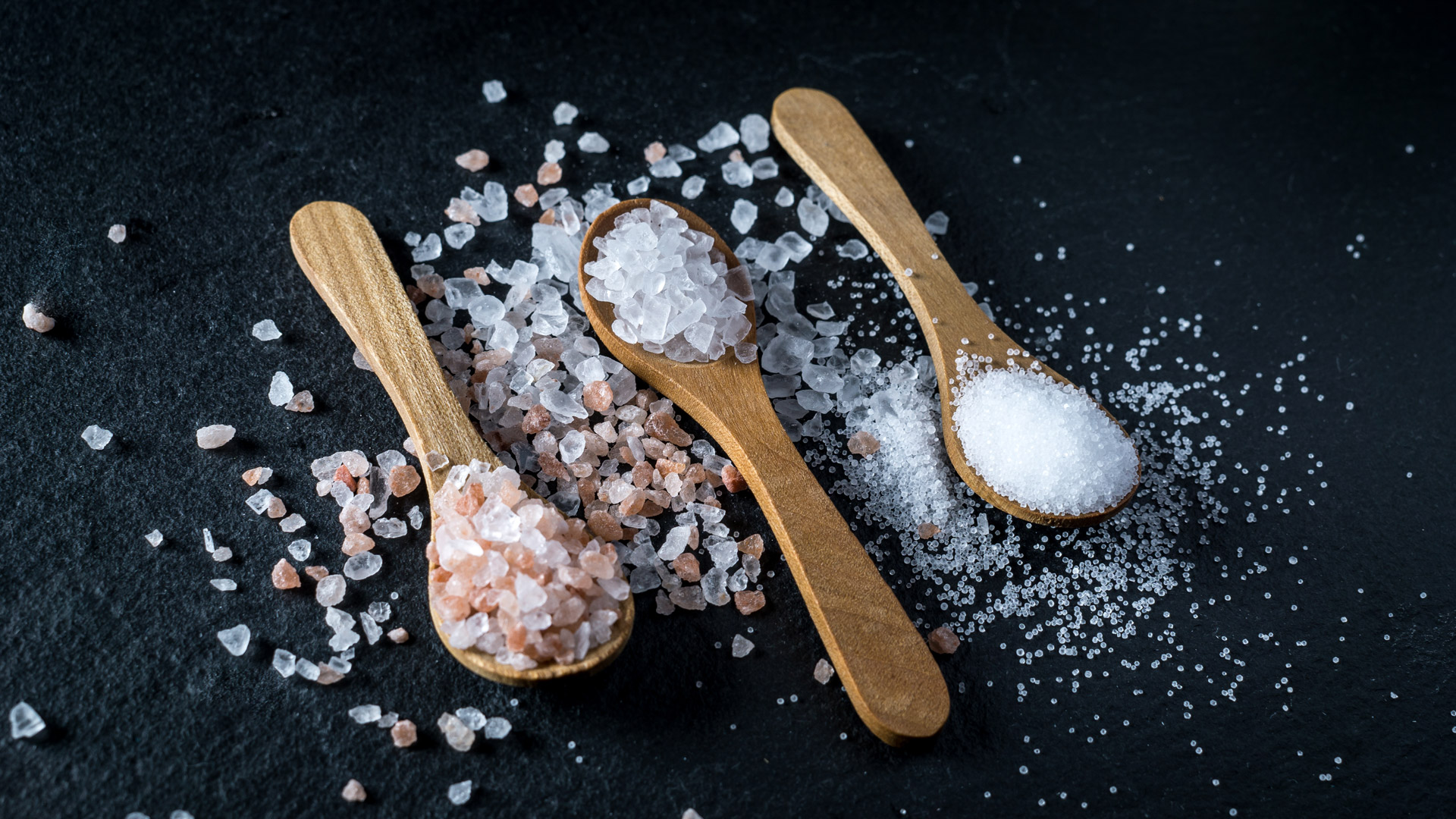
Use of Salt in cooking: choices that are good for health
Over the centuries, salt had such a strategic role in the conservation of food that, in Roman times, soldiers’ salaries could be paid in salt. Indeed, the Italian word for “salary” refers to payment for work.
However, the excessive consumption of salt in the kitchen favours hypertension, osteoporosis (because it facilitates the excretion of calcium) and renal and cardiac pathologies. , It is therefore necessary to know how best to use it, and not go overboard. In fact, the use of salt in meals should not be demonized: it is an important element in our diet and, in the right doses, it can be an ally for our body .
The benefits of salt in the kitchen and the recommended quantities
The properties of salt depend mainly on sodium, which is its fundamental component. Sodium is an essential mineral because it regulates many biological functions, including how much water is present in the body. Sodium helps to create a hydro-saline balance – that is, the correct relationship between water and mineral salts in our cells.
The World Health Organization recommends a maximum consumption of 5 grams of salt per day , corresponding to about 2 grams of sodium . It should not be forgotten that the sodium naturally present in dishes , which we often do not consider, is also included in the calculation. Limiting salt intake to the recommended 5 grams allows a reduction in arterial pressure by 2-8 mmHg.

Measures to reduce salt consumption
There are various ways to reduce or replace the amount of salt we use without having to give up on the taste of food. Indeed, decreasing our doses of salt refines our palate’s sensitivity to flavours : this sensitivity tends to flatten with the use of excessive dressing.
Using little salt during cooking is a good idea, because the food absorbs less of it. In addition, alternative toppings such as herbs, spices, lemon and vinegar can be used .
Even those who follow a low-salt diet should not resign themselves to tasteless meals. Our Executive Chef often meets these needs, applies different options with excellent results:
We cook rice and pasta in water without salt and season them with quality ingredients such as tomato and extra virgin olive oil. Alternatively, we serve soups and creams. Vegetables are preferred raw in a low-salt diet, because when cooked they are rich in mineral salts.
Meat and fish are simpler: cooked on the grill or steamed, the quality and natural taste of primary materials such as veal and sea bass give extraordinary results with some simple thyme or rosemary.
Variety of salt and our Chef’s choices

In addition to classic table salt, ever more varieties can be found on the market. One of the best known is Himalayan pink salt , considered valuable for its low sodium content and the presence of elements such as iron.
Iodized salt is a common salt to which iodine has been added. Its use is recommended to correct iodine deficiency. Our Chef also makes flavoured salts starting from a base of fine and coarse iodizied Sicilian salts.
We crush coarse salt and refine it with the addition of citrus fruits (lemon, mandarin, orange), aromatic herbs such as bay leaves, rosemary and juniper berries, chili pepper and edible flowers like rose petals and cornflowers. Our guests will find these flavoured salts at the buffet, and can enjoy a new and sparkling sensory experience.
Salt is an important component of our diet, and it may surprise us in its diversity. We remember that the best allies of health at the table are balance and variety. Moreover, a healthy diet should be accompanied by an active lifestyle that is as stress-free as possible.
The menu offered at Hotel Tritone is suitable for those with any kind of intolerance and allergy. For information you can write us here or call (+39) 049 8668099 .
